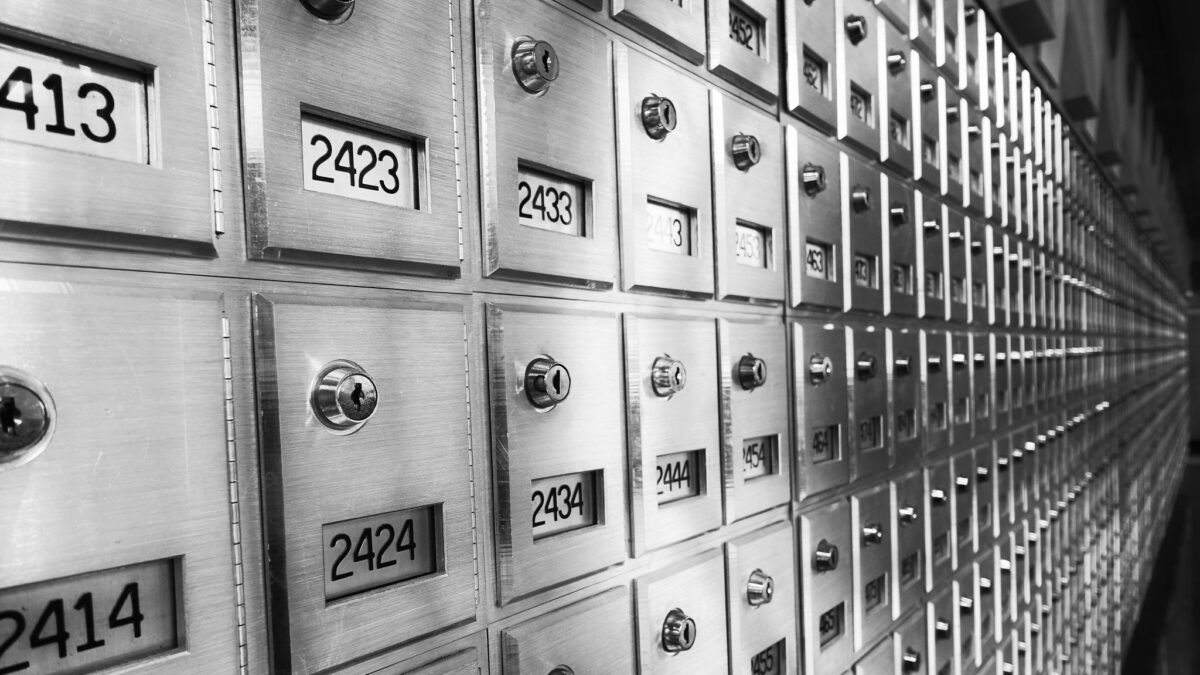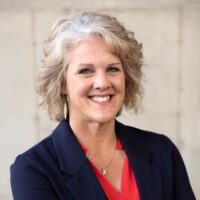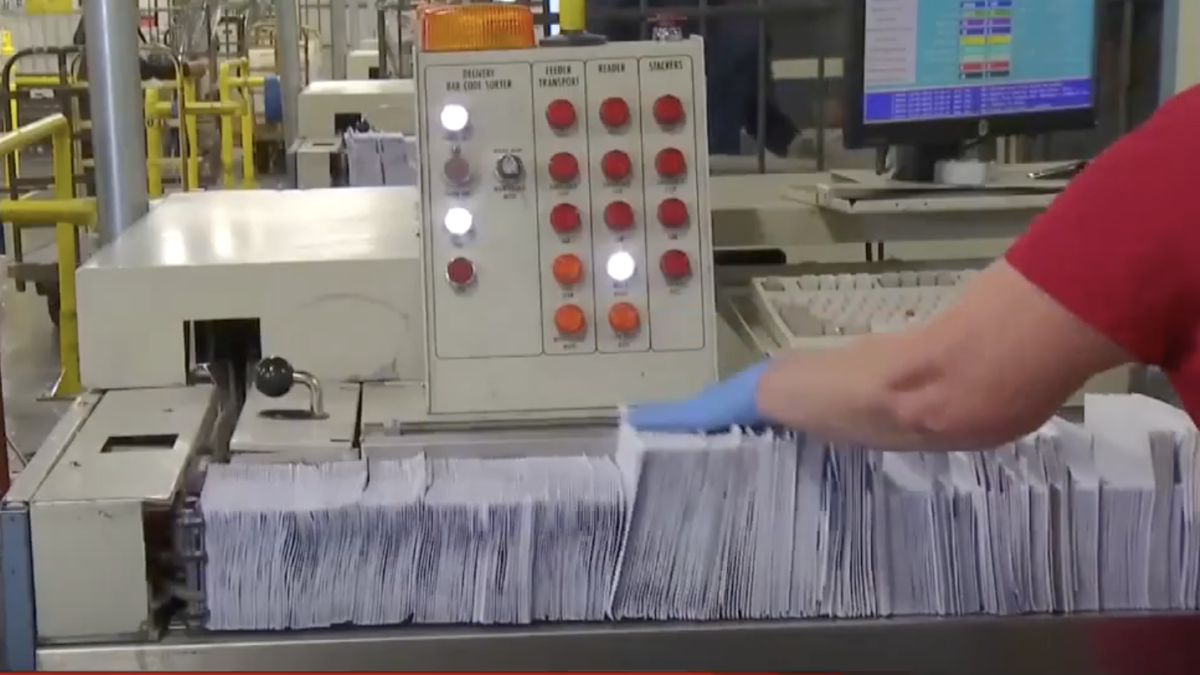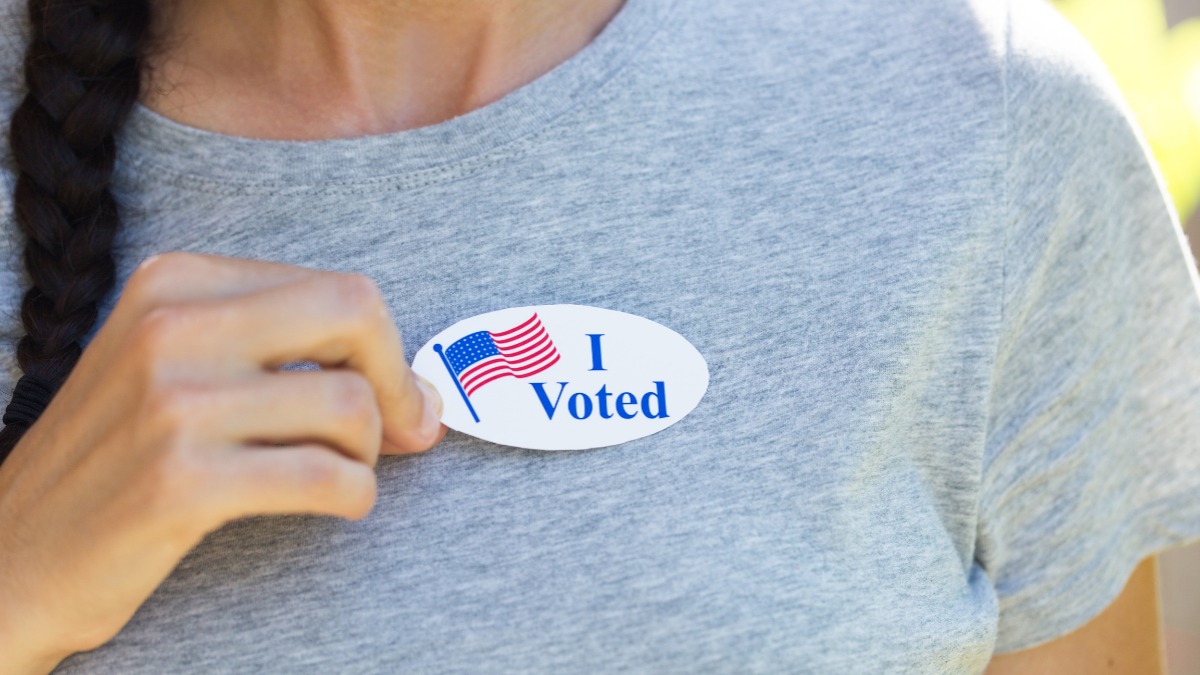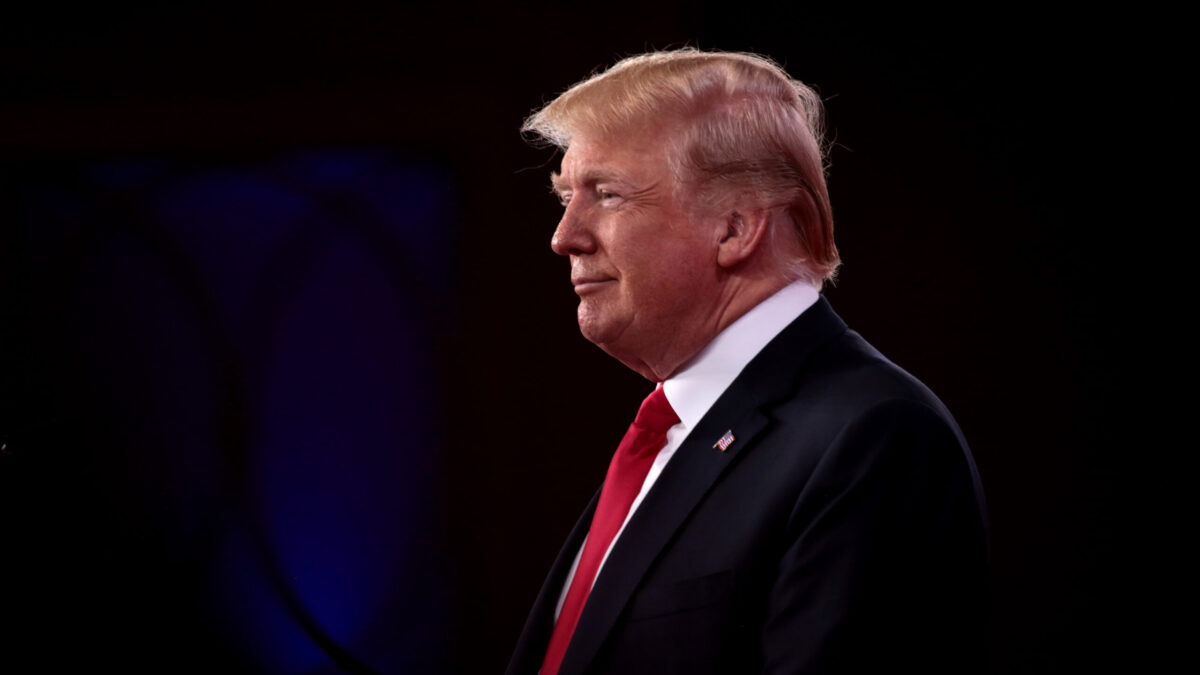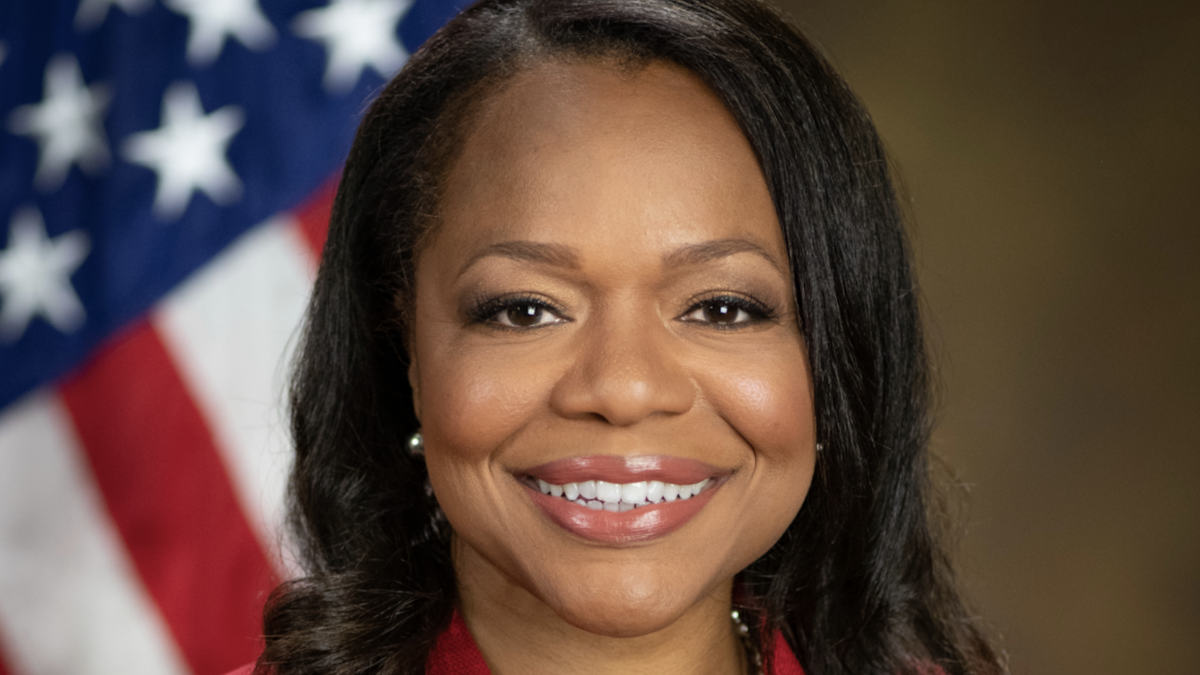With the help of Republican lawmakers, South Dakota Secretary of State Monae Johnson has brought a handful of election-related bills to the 2024 legislative session, all to the ire of her campaign supporters. At her request, lawmakers have presented bills to share the statewide voter registration file, establish the crime of threatening a poll worker, and recently SB 17, which modifies the state’s recently-enacted law requiring new South Dakota voters to have resided in the state for at least 30 days. As currently amended, this bill would essentially open the door to anyone living anywhere to vote in South Dakota elections.
As originally introduced, Senate Bill 17 sought to add language to the state’s 30-day residency requirement specifically demanding individuals live in South Dakota “for at least thirty days in the three hundred and sixty-five days immediately prior” to registering to vote. Now the bill, in its current form as amended by the Republican-controlled Senate, would abandon the 30-day residency protections entirely and do away with current residency law that defines a residence as “an actual fixed permanent dwelling.” Such a change would allow practically anyone to buy a South Dakota mailing address and use it to vote.
Senate Bill 17 was introduced with an emergency clause, meaning it goes into effect immediately. It has passed in the Senate committee and on the Senate floor, recently passed the House committee, and is set to be heard on the House floor soon. It has been scheduled and deferred twice this week. As of Friday, three amendments have dropped that would strike any verification of residency, with one proposing the creation of a “virtual resident” option.
South Dakota Needs Laws to Strengthen, Not Weaken, Election Integrity
As election integrity issues haven taken center stage nationwide since 2020, citizens in South Dakota have spent extensive amounts of time and resources looking into the election systems that count their votes. In response to citizen lawsuits filed by the South Dakota Canvassing Group that I lead, counties have denied our requests for public access to the audit trail. All the questions raised about the election apparatus have only led to more questions.
In 2022, a massive grassroots campaign ousted incumbent Secretary of State Steve Barnett by selecting Monae Johnson at the 2022 state GOP convention. Johnson campaigned on election integrity and promised reforms such as hand counting, greater transparency, making the audit trail public, and getting rid of electronic tabulating machines.
The grassroots then brought their concerns to the state Freedom Caucus, and in 2023, election legislation was top priority.
Only a handful election bills were presented in 2022, and one passed, effectively banning private funding of elections. In 2023, there were nearly three dozen election bills introduced and some 15 signed into law. This was all due to pressure from local citizens lobbying for increased election security. South Dakota instituted a post-election audit, as it was one of only five states in the nation with no provisions for a post-election audit.
South Dakota’s Lax Residency Requirements Have a History of Abuse
One of the priority issues identified by grassroots canvassers was out-of-date voter rolls with unexplained anomalies in the data.
Citizen-led canvassing groups, of which I am a part, identified thousands upon thousands of voters registered to commercial addresses, vacant lots, hotels, motels, campgrounds, Walmart parking lots and more. A closer look revealed a booming business called mail forwarding.
Mail forwarding services allow for a customer to use the service as their mailing address. The service then forwards the mail to where ever the customer currently resides. These services are housed in commercial buildings or campgrounds, with city and county zoning ordinances that do not allow for a personal residence or multi-family housing.
The largest mail forwarding service in South Dakota is America’s Mailbox, located at 514 America’s Way in Box Elder, South Dakota. There are now more than 14,000 people registered at this campground with 90 sites and a commercial zoning ordinance.
These forwarding services are popular in Florida, Texas, and South Dakota — all states with no state income tax. South Dakota also boasts low vehicle registration fees and a one-day residency requirement for a driver’s license. South Dakota’s recent move to allow automatic voter registration on driver’s license applications allows many of these suspect voter registrations to come through from the DMV.
A 2019 article entitled “Thousands of South Dakota voters don’t live where they register” lays out the vast amount of voters claiming residency at a P.O. Box. It also explains why the legislature is hesitant to address the issue as the state is raking in millions of dollars on vehicle registrations:
About 60,000 out-of-state vehicles are registered in South Dakota, according to Wade LaRoche, a spokesman for the state Department of Revenue. Meanwhile, revenues from vehicle title and registration fees have doubled over the past decade, from $88.3 million in 2009 to $176.7 million in 2018, LaRoche said.
South Dakota law, reinforced by the National Voter Registration Act (NVRA), states that a P.O. Box is not an acceptable residential address. The state’s voter registration form and the federal voter registration form say the same. If a voter lists a P.O. Box or general delivery, he must list the location where he resides. Military voters are covered by the Uniformed and Overseas Citizens Absentee Voting Act (UOCAVA) and there are provisions for the homeless. But allowing people who have selected South Dakota as their place of “residence” for tax shelter purposes to vote appears to bypass all of these federal and state laws.
Federal law does not allow for anyone to randomly select which state they want to be a resident of. South Dakota law requires a “fixed permanent dwelling.”
Residency became a focus of legislation in 2023, and with Senate Bill 139, the legislature added a 30-day residency requirement to help keep one-day residents from influencing elections.
After SB 139 became law, the State Board of Elections appears to have stripped the affidavit at the bottom of the voter registration form of the assurance that “I actually live at and have no present intention of leaving the above address” despite the massive amount of apparently perjured voter registration forms discovered.
South Dakotans Should Decide the Laws of South Dakota
South Dakota has joined in support of Texas defending itself against the massive invasion occurring at the southern border, while millions of people have entered our country illegally since Biden took office. But what about South Dakota’s borders? Why would the government not want to defend the state’s sovereign borders from outside influence as well? Why is a Republican-led legislature fast tracking this left-leaning nightmare of a bill package brought by a Republican secretary of state?
Amendment proposals on the ballot in South Dakota in 2024 include legalizing marijuana, radical up-to-birth abortion, and open primaries. These are South Dakota issues that only real, legal residents of South Dakota should be allowed to decide. With untold thousands of unverified voters influencing the elections, can the citizens of South Dakota possibly be governed by consent?
